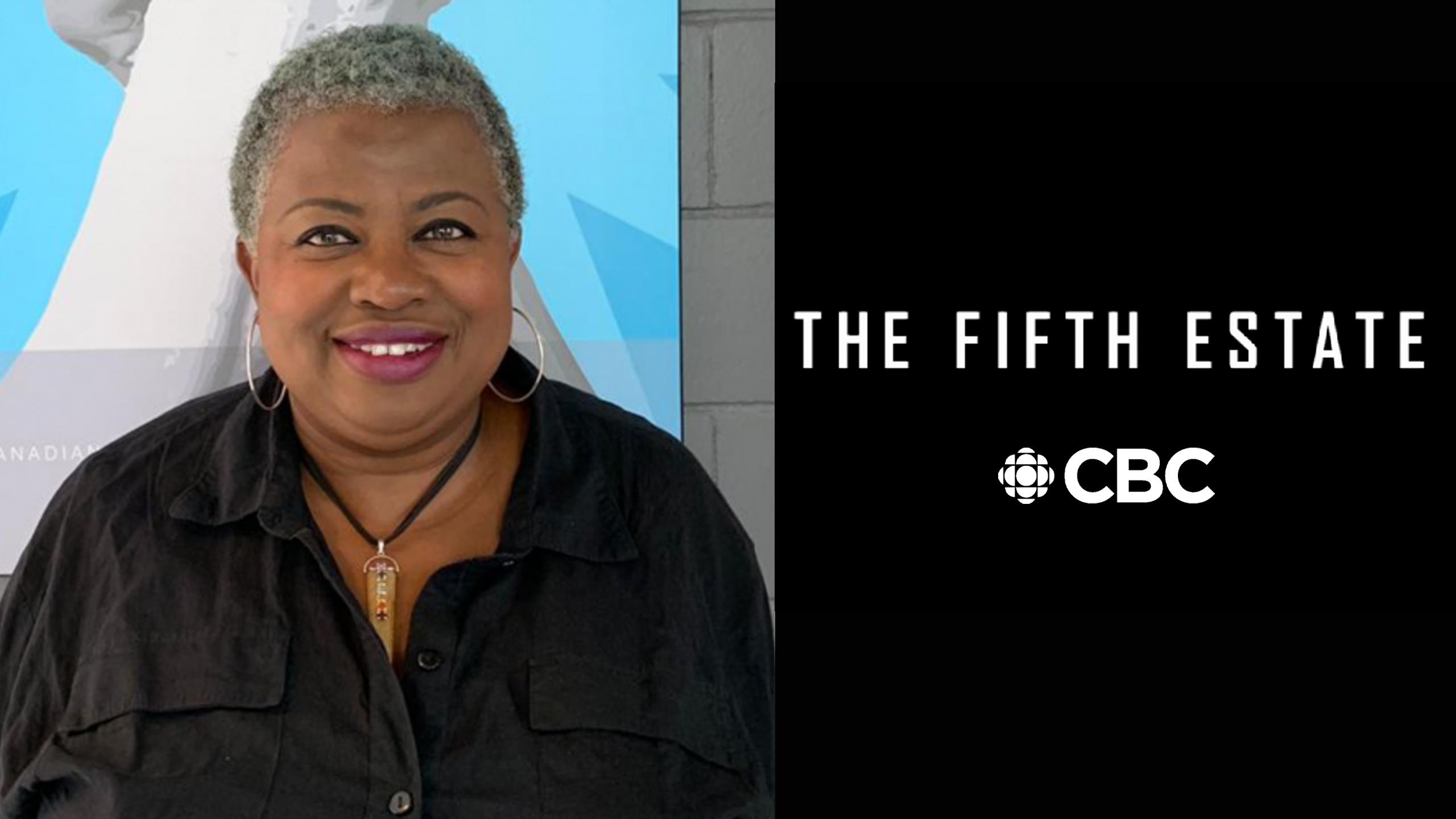By David Cassels
Former Ryerson employee Carol Sutherland revealed a count of 48 Black employees who left Ryerson following racial discrimination in her appearance on the CBC’s The Fifth Estate on Feb. 25.
Sutherland was the special projects co-ordinator in the Office of the Vice-President, Equity and Community Inclusion (OVPECI) at Ryerson prior to her termination in 2019. She had also founded the Ryerson Black Faculty and Staff Community Network, an organization that aims to support Black staff, faculty members and students.
Ryerson fired Sutherland while she was on sick leave after she had worked for the university for nearly 15 years. The university alleged that Sutherland had misused Ryerson’s sick leave and complaint processes. Sutherland’s vacancy in the OVPECI office was eventually filled by a white employee, she said.
Sutherland accused the university of wrongful termination, anti-Black racism, bullying and harassment. Her union, Ontario Public Service Employees Union Local 596, filed three grievances against Ryerson, which were addressed in a closed-door arbitration hearing on Sept. 9, 2020.
In an interview with The Eyeopener, Sutherland said she counted 48 Black and racialized employees who left Ryerson between 2017 and 2019. She had collected data on Black employee’s records while working in the OVPECI.
“Since I could not be all over campus at the same time, I asked network allies to help me, to let me know when a Black worker left their department or when a new Black employee joined their department,” said Sutherland.
Black employees faced anti-Black racism, bullying, gaslighting, toxic work environments and harassment while working at Ryerson, according to Sutherland. She said that “every department who has ever hired a Black employee” has these issues.
On The Fifth Estate, Sutherland described harassment she received from a manager at Ryerson.
“I came in on a Friday to work and I had on jeans and my jeans had a rip,” said Sutherland, “[The manager] said to me that my clothes, my jeans were not appropriate and ‘go into my office and lock the door and cancel every meeting that I have for the rest of the day.’ I was so shocked I started to cry.”
According to the Anti-Black Racism Campus Climate Review released by the OVPECI last July, anti-Black racism is a “defining feature” of working at Ryerson for Black staff.
“Staff articulated everything from banal day-to-day racism to larger and more systemic issues like compensation disparities, inability to move up the ranks, being passed over for promotions and being on contracts or ‘termed positions’ long-term,” said the report.
“Students need to hold the university accountable for how they spend money attacking Black students, faculty and staff,” said Sutherland
The Fifth Estate’s ‘Black on Campus’ segment
Sutherland’s story was one of three case studies on anti-Black racism in Canadian universities featured on The Fifth Estate’s ‘Black on Campus’ segment.
Another case study was Jordan Afolabi, a first-year law student at the University of Windsor, who was barred from campus after being pulled into a fight by another student who was allowed to stay on campus.
When Afolabi returned to follow-up on his case per instructions from the university, he was escorted off campus by police. Afolabi later received a private apology from the University of Windsor for their mistreatment of his case, according to the CBC.
“People are saying ‘enough already.’ We don’t want statements anymore, we want action,” said Malinda Smith, the Vice-Provost of Equity, Diversity and Inclusion at the University of Calgary on The Fifth Estate. “People feel pushed out [of universities] because the environment is not conducive to … their wellbeing.”
The Fifth Estate reached out to Ryerson about Sutherland’s situation. The university declined to comment but said “eliminating anti-Black racism on our campus… is a goal we aspire to.”












Lydia Dosu
It is wrong what you are doing to silence Blacks on campus. This must stop.
Trini
I too was a victim of racial micro aggression. They provoke BIPOC people with false accusations and treat them more punitively than a middle and upper class White person.
I’m checking the roster of staff and there appears to be a disproportionately lower representation of Black employees at TMU.
We as BIPOC people are also being gentrified in our communities, not only at Toronto campuses.
For the past week I was depressed because my predicament is either working in dead end factory jobs or ending up homeless because I can’t earn enough income with my degree as I lack work experience.
I’m worried that Carol, a true angel to me is treated this way by TMU.
I guess we as non-whites have to demand change and put these racists in court.
Berry
When I was at Ryerson, there was an entire student body which was there to help disadvantaged groups.
Young people from low-income communities, newcomers and first-generation students were given supports and help because Toronto back then was a city which didn’t have this extreme inequality as it does today.
In addition to the systemic ethnic removal of visible minorities on campus, Toronto as a whole is catering to the White professional class of people. A white lawyer and his white lawyer wife for example are being welcomed while the poor people in Weston Rd and Finch, or in Regent Park are forced to leave their communities.
If you check the demographic of those living in the tent cities, they are university dropouts, Indigenous women and the people that would have gotten support at Ryerson University.
But not anymore: The wealthy have decided that we as poor people, we as racialized people, we as immigrants do not belong in the city.
Sometimes I wonder if one day, I will be placed into a desperate spot where I will be displaced from my community for these same people who victimized Carol, and wonder if there is hope for the future.